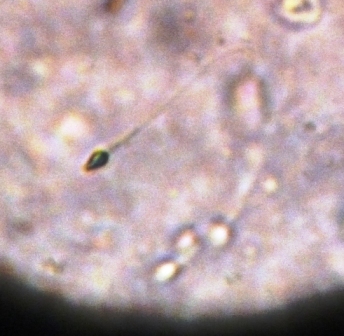
In a first-of-its-kind event, a group of scientists have created artificial human sperm and eggs using human embryonic stem cells and skin cells.
The study was published in the journal Cell on Wednesday.
Earlier, researchers successfully developed the same in rats, but this is the first time that artificial sperms and eggs of humans were created. The cells created by the scientists are considered primordial germ cells.
According to the Naoko Irie of the University of Cambridge -- where the study was conducted -- "The creation of primordial germ cells is one of the earliest events during early mammalian development. It's a stage we've managed to recreate using stems cells from mice and rats, but until now few researchers have done this systematically using human stem cells. It has highlighted important differences between embryo development in humans and rodents that may mean findings in mice and rats may not be directly extrapolated to humans," The Hoops News reports.
Azim Surani, PhD, said in a press release that 'germ cells' are considered to be 'immortal' as they provide a link between all generations, carrying information from one generation to the next. Surani is a professor of physiology and reproduction at the University of Cambridge.
Some cells are set up to become stem cells – which are cells in the human body that can develop into anything that the body needs. The possibility of using the strength of stem cells in such types of application has been around for years.
However, it should be remembered that human skin cells can never replace stem cells in future.
During the study, the team identified a single gene, known as SOX17. This gene is directly responsible for instructing the human stem cells to become the cells that will turn into sperms and eggs. The scientists are surprised by this discovery as this gene is not involved in the same procedure in case of rodents.
Experts are of the view that further studies in the field of epigenetics can lead to a clearer understanding of age-related diseases and also cancer.








